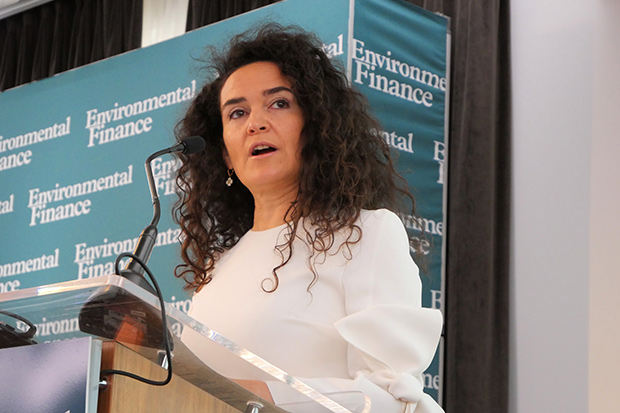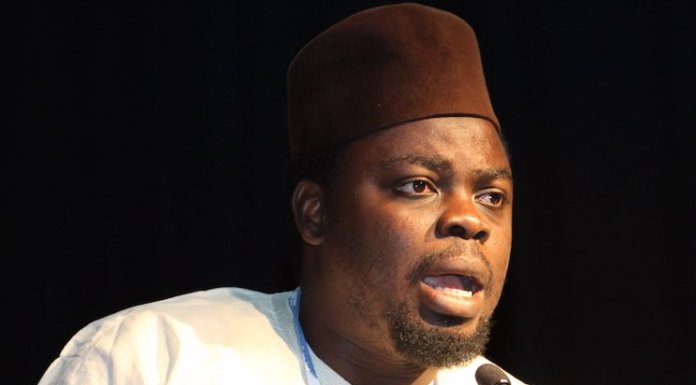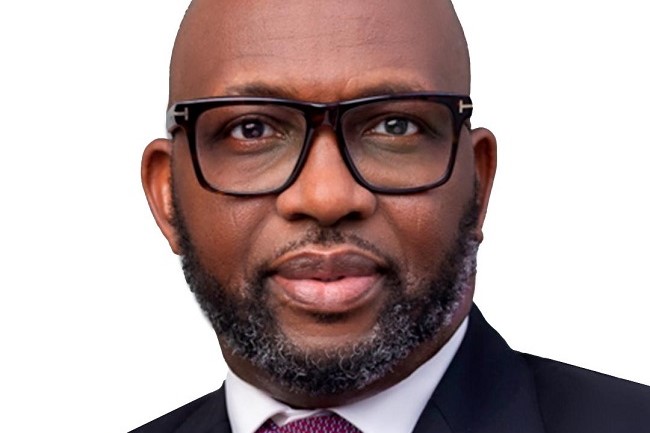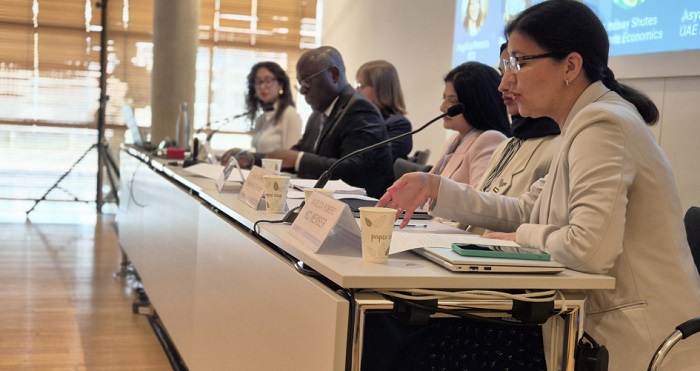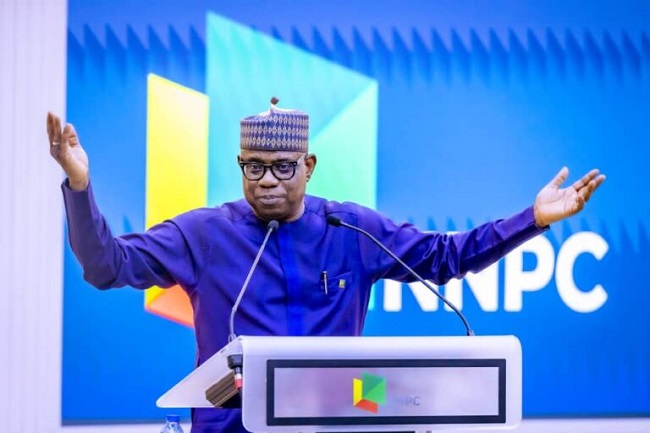The Adaptation Fund has launched a comprehensive e-learning course on Locally Led Adaptation (LLA) grants, designed to build the capacity of implementing partners, community organizations, and local stakeholders to access and effectively utilize the Fund’s LLA small grant programs.
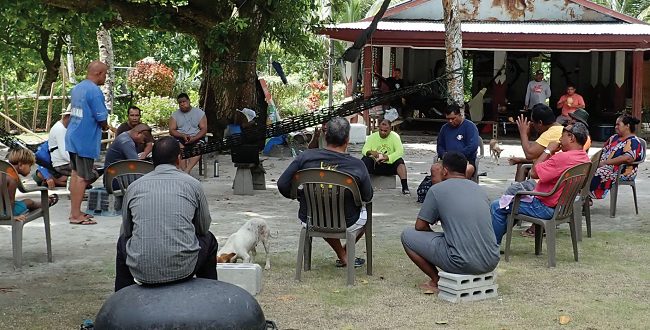
The free, self-paced course is available in English, Spanish and French.
The training responds to the critical need for accessible, practical guidance on developing locally led adaptation projects. As climate change impacts continue to affect the world’s most vulnerable communities the hardest, the course is aimed at empowering local actors to design and implement solutions tailored to their unique environmental and social contexts.
“Locally led adaptation goes beyond funding; it recognizes that communities experiencing the impacts of climate change firsthand are often best placed to develop effective and lasting solutions,” said Mikko Ollikainen, Head of the Adaptation Fund.
“This e-course is a vital step in our ongoing effort to enhance access to climate finance by strengthening the capacity of local actors to design and implement adaptation projects that reflect their priorities and needs,” added Ollikainen.
The course is divided into two modules. The first, LLA Training, provides an overview of the Fund’s locally led adaptation approaches and guiding principles. The second, Project Proposal Preparation, offers step-by-step instructions for developing strong funding applications. Drawing on lessons from the Fund’s previous Enhanced Direct Access window and newer LLA funding windows, as well as feedback from the global adaptation community, the training is grounded in eight core principles of locally led adaptation.
These principles, developed by the Global Commission on Adaptation and endorsed by over 70 institutions including the Adaptation Fund, emphasize local decision-making, addressing structural inequalities, and fostering transparent, inclusive collaboration.
“We designed this course not just as a guide to accessing locally led climate finance, but as a tool to help build lasting institutional knowledge at the local level,” said Cristina Dengel, Knowledge Management Specialist who coordinated the development of the course. “By offering the training online in multiple languages, we are also breaking down barriers that have long limited local organizations’ access to climate finance.”
The launch of the e-course comes as the Adaptation Fund continues to broaden its support for locally led adaptation. Earlier this year, the Board approved US$30 million for a new regional aggregator program to expand access to LLA grants for a wider range of local actors, including non-accredited entities. This complements the Fund’s existing single-country LLA window and its broader portfolio of innovation, learning, scale-up, and regional grants.
These funding opportunities are offered in addition to regular country project allocations and are not subject to country spending caps, further reinforcing the Fund’s commitment to empowering communities on the frontlines of climate change. The Fund’s board also recently doubled the Fund’s country spending caps from $20 million to $40 million, further reflecting its expanded opportunities for countries to help meet their growing adaptation needs.
The new course is now available on the Adaptation Fund website for all implementing entities and stakeholders seeking to strengthen their understanding of LLA grants and project proposal development.

